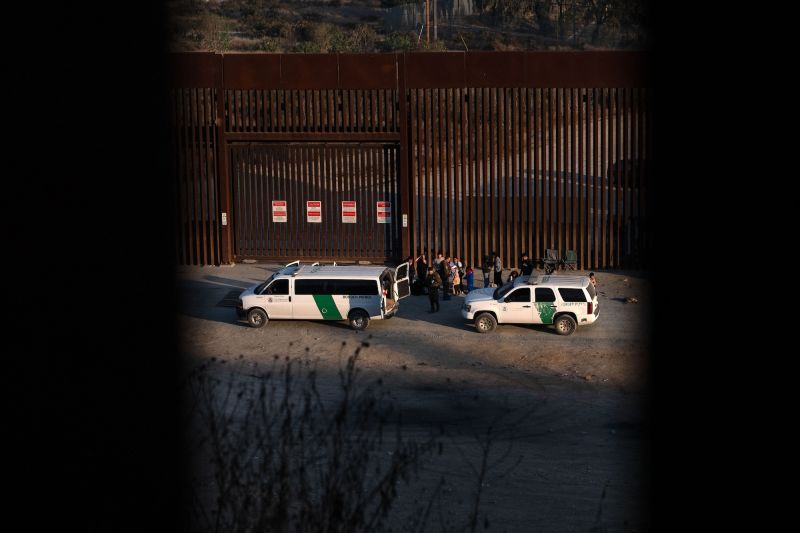‘New Golden Age’: Republican lawmakers ecstatic as Trump takes office with slate of new orders
Mexican border town declares state of emergency as Trump pledges mass deportations


Migrant shelters in Tijuana – located across the border from San Diego, California – are bracing for a possible surge in the influx of migrants should US President Donald Trump carry out his mass deportation plan.
Their worries stem from Trump’s promise to carry out mass deportations once in office.
During his inaugural speech on Monday, Trump reiterated his pledge. “We will begin the process of returning millions and millions of criminal aliens back to the places from which they came,” he said from the US Capitol.
Bracing for the potential surge of migrants entering the city, authorities in Tijuana declared a state of emergency last week.
However, the city’s Mayor Ismael Burgueño Ruiz said last week that Tijuana “isn’t alarmed” and calls the measure “preventive” in case Trump “really does what he says he’s going to do.” Burgueño says the city has prepared spaces should there be a surge of deportees.
‘It’s not just about providing a bed’
Yet Murphy, who has been the director of Casa del Migrante since 2013, says space is not the only issue. “You have to care for them, who is going to organize programs and training for migrants,” Murphy said, adding that he believes local authorities should work closer with the shelters to mitigate any potential crisis.
Marín said shelters need “more economic resources for food, comprehensive medical services” to help with “voluntary return programs to places of origin, more programs where integration and dignity are promoted through employment, more specific attention for people of sexual diversity, [and] more mental health services.”
The Mexican federal government is also preparing for the potential influx of migrants by announcing the creation of new shelters in border towns and “attending caravans.”
In the face of mounting uncertainty, shelters remain committed to their mission.
“With the possible mass deportations, we are working on projects to help these people psychologically and spiritually and for those who want to be a part of the Tijuana community, those who don’t want to return to their place of origin,” said Pauletti.











